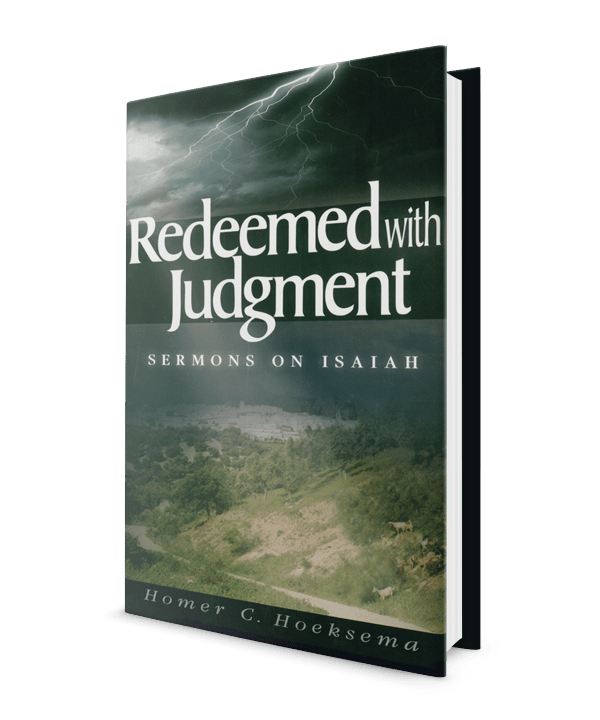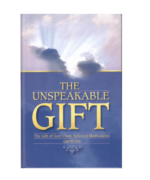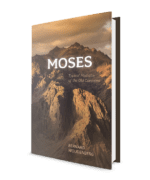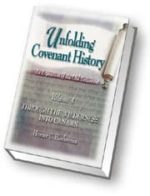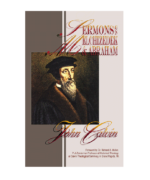The prophecy of Isaiah occupies a large place in the Old Testament canon of Scripture, not only from the viewpoint of its length, but also from the perspective of its significance. Second only to the psalms, it is the book most frequently quoted in the New Testament. Among the books of the prophets, it is quoted by Jesus and his apostles in support of the New Testament gospel of grace more frequently than all of the other prophets put together. In addition, Isaiah’s vocabulary is richer than that of any other prophet, and even more comprehensive and diverse than that of the psalms.
Why did Jesus and his apostles quote from Isaiah as often as they did? What did the author of this book see in the prophecy of Isaiah that made him concentrate much of his preaching on this book for some thirty years? The answer lies in the messianic characteristic of the book; Isaiah speaks of Christ. Sometimes the prophecy is indirect, vague, and difficult to understand. At other times clear, literal, and straightforward. In either case, Isaiah always speaks of the coming of the Messiah implying both the judgment of the wicked world and the salvation of Zion.
The author of this book, Homer C. Hoeksema served as minister in the Protestant Reformed Church from 1947 to 1959 as a professor of Old Testament and Dogmatics in the Theological School of the Protestant Reformed Churches from 1959 until his death in 1989. Hoeksema loved the prophecy of Isaiah and preached on 125 different passages from this book. Redeemed with Judgment: Sermons on Isaiah is the transcribed and edited collection of these sermons, some of which can be listened to free on-line.

